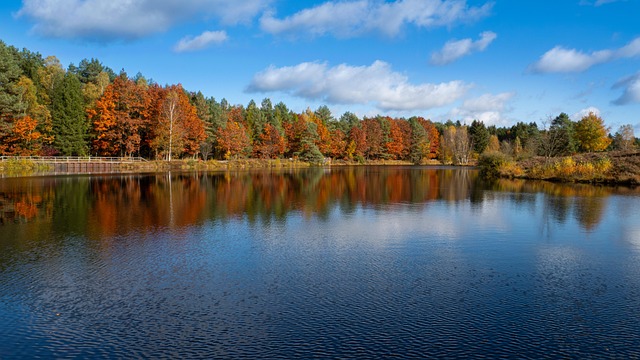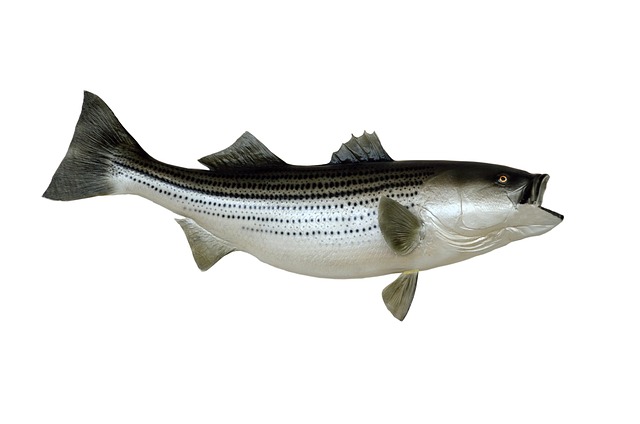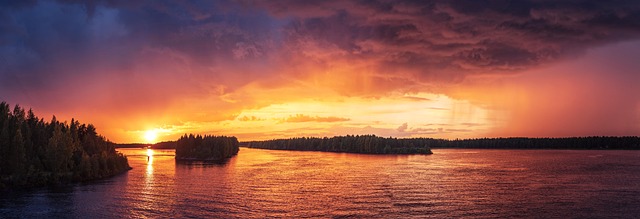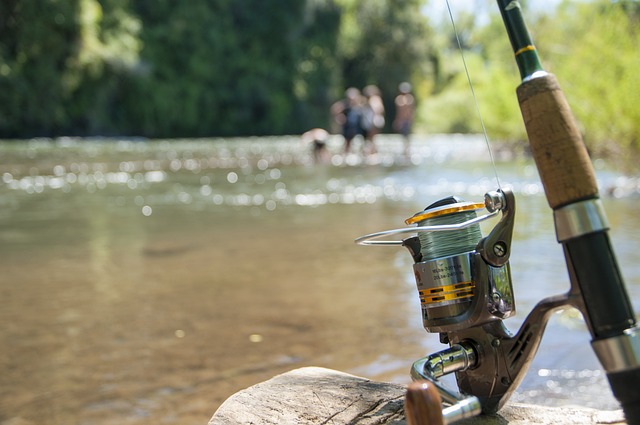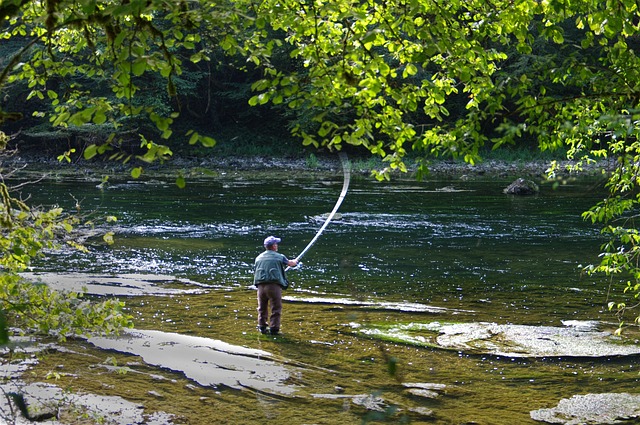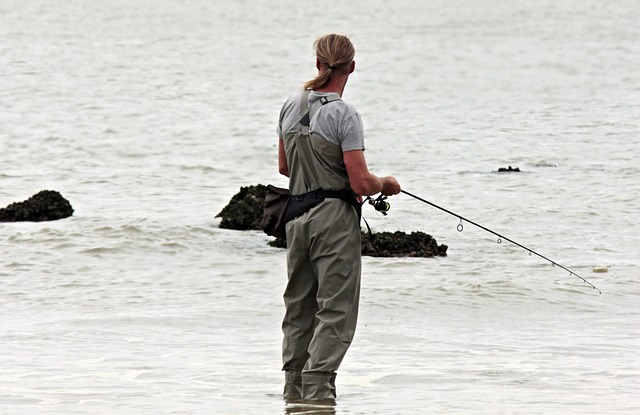The McKenzie River offers exceptional McKenzie River fly fishing with diverse fish species supported by its rich biodiversity. Seasonal variations require anglers to adapt techniques for best experience. Legal requirements include Oregon Fishing License and ODFW permits. Sustainable practices, like catch-and-release and eco-friendly flies, preserve the river's pristine condition for future McKenzie River fly fishing.
Exploring the pristine waters of the McKenzie River offers a captivating experience for fly fishers. This article delves into the intricate world of fishing regulations, specifically tailored to the river’s unique ecosystem. From understanding seasonal variations in permits and licenses to embracing sustainable practices, it’s vital to navigate these guidelines responsibly. Uncover the secrets of successful McKenzie River fly fishing while respecting its delicate balance.
- Understanding McKenzie River's Unique Ecosystem
- Seasonal Changes in Fishing Regulations
- Permits and Licenses: What You Need to Know
- Sustainable Practices for Responsible Fly Fishing
Understanding McKenzie River's Unique Ecosystem

The McKenzie River, renowned for its stunning beauty and vibrant ecosystem, offers a unique environment for McKenzie River fly fishing. This pristine waterway is home to a diverse range of aquatic life, including various species of trout, salmon, and other fish. The river’s ecology is shaped by its winding path through lush forests and alpine meadows, providing a rich habitat that supports these populations.
Understanding the delicate balance of this ecosystem is crucial for implementing effective fishing regulations. The McKenzie River’s health depends on natural processes like seasonal runoff and water temperature fluctuations, which influence the behavior and distribution of fish. Therefore, responsible fishing practices, such as respecting catch limits and protecting sensitive habitats, play a vital role in preserving this irreplaceable McKenzie River fly fishing destination for future generations.
Seasonal Changes in Fishing Regulations

The fishing regulations for the McKenzie River can vary significantly throughout the year, reflecting seasonal changes in fish behavior and habitat. For enthusiasts of McKenzie River fly fishing, understanding these fluctuations is key to a successful and compliant angling experience. During the spring, when water levels are high and temperatures rise, certain areas may open up for fishing, presenting ideal conditions for trout and salmon species. In contrast, summer often brings warmer waters, prompting adjustments in bait and lure choices while also affecting fish migration patterns.
As autumn arrives, the landscape transforms, so do the regulations. Cooler temperatures encourage specific types of flies and baits, targeting resident fish populations that have become more active due to the changing season. Winter, with its slower pace, might see reduced fishing areas open, but for those who brave the chill, it offers a unique opportunity to target deeper water species. These seasonal changes not only influence what gear to use but also where and when anglers can cast their lines, making the McKenzie River a dynamic destination for fly fishers year-round.
Permits and Licenses: What You Need to Know

When planning a fishing trip on the renowned McKenzie River, understanding the permits and licenses required is an essential first step for any angler. For those seeking to indulge in the art of McKenzie River fly fishing, obtaining the necessary documentation ensures a legal and enjoyable experience. Oregon Department of Fish and Wildlife (ODFW) oversees the regulation of fishing activities along this picturesque river.
Anglers must secure a valid Oregon Fishing License, which can be purchased online or from authorized retailers. This license is your passport to legally fish in designated areas. Depending on your activity, additional permits may be needed, especially for guided trips or certain types of gear, like fly fishing equipment. Always check the ODFW website for up-to-date information and regulations specific to the McKenzie River, ensuring a smooth and compliant adventure.
Sustainable Practices for Responsible Fly Fishing
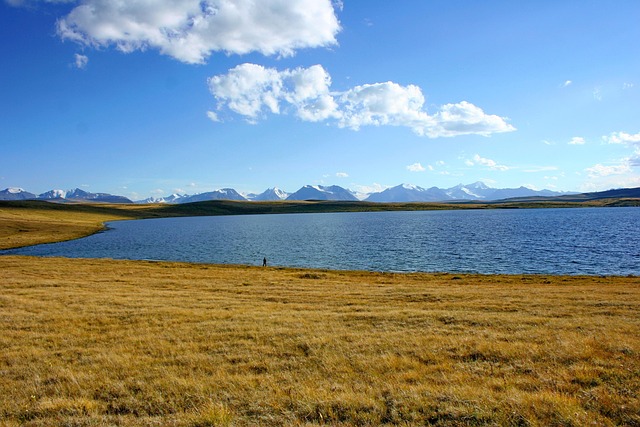
The McKenzie River, renowned for its pristine waters and abundant fish populations, attracts fly fishers from around the world. Practicing sustainable fly fishing is crucial to preserving this natural gem for future generations. Responsible anglers should strive to minimize their impact on the river’s ecosystem by adopting certain practices. One key aspect is using synthetic or salvaged fly lines, which reduce the risk of entangling aquatic life and minimizing the release of harmful chemicals into the water.
Additionally, careful selection of flies imitating local insects ensures a more sustainable approach. Anglers should also practice catch-and-release to maintain healthy fish populations. By releasing caught fish promptly and handling them gently, anglers can contribute to the river’s long-term productivity. Remember, responsible fly fishing not only benefits the environment but also enhances the overall experience for all enthusiasts who cherish the unique beauty of the McKenzie River.



